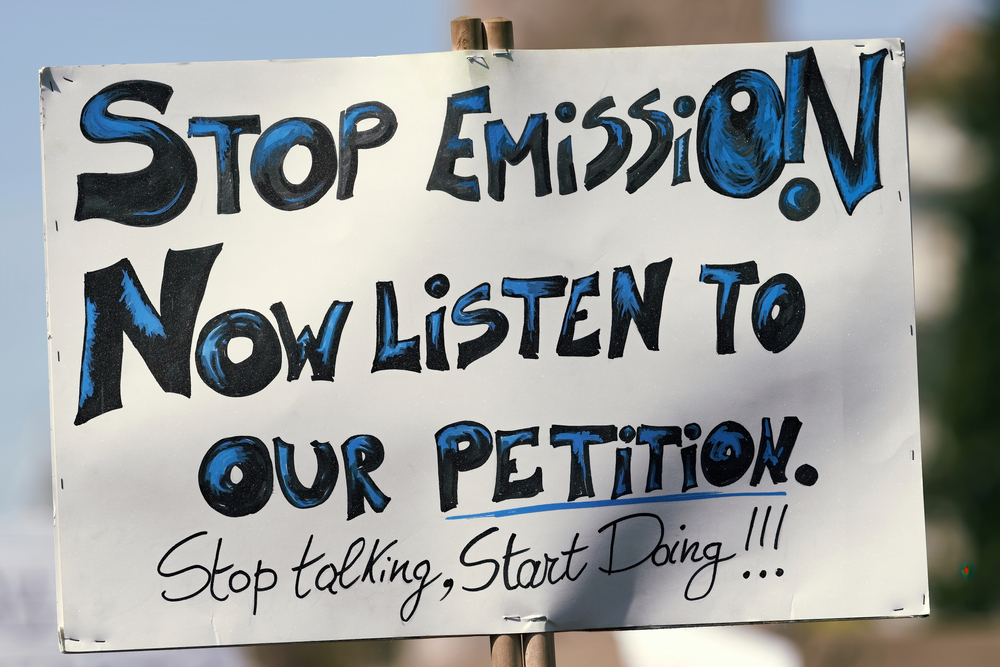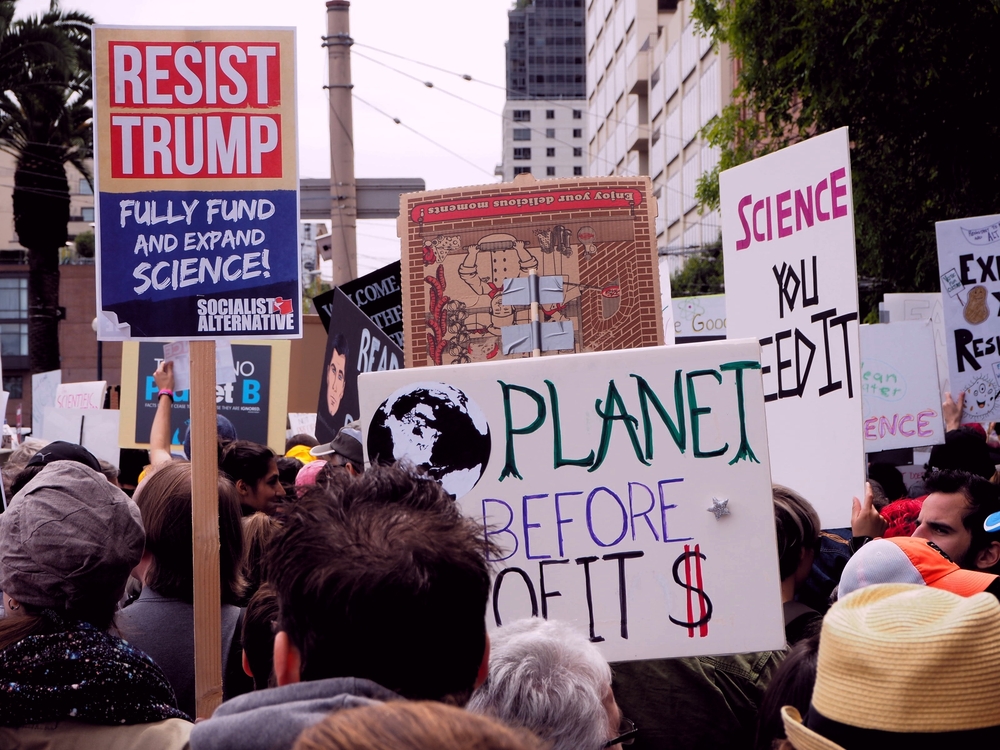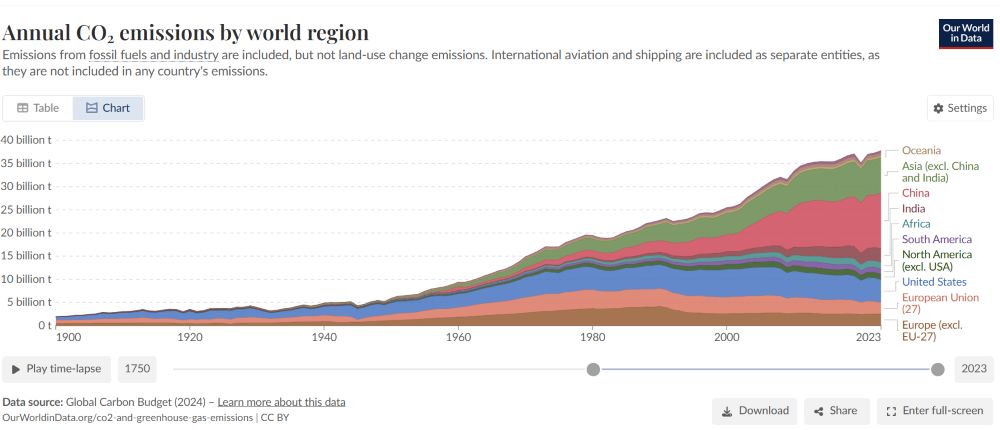Many people and organizations are working on technological solutions to the climate crisis. Many others are focused on calls for climate action in an advocacy context.
An international coalition of researchers issued a report in late October, saying the Earth’s vital signs have worsened to the point that “humanity is unequivocally facing a climate emergency.” I want to focus this week on a few recent calls for climate action that take this emergency to heart.
New Yorkers Call for Big Oil to Pay
Third Act of Upstate New York insists that New York’s Governor Hochul include a Climate Change Superfund Act in her next state budget. From November 6-10, climate activists flooded Governor Hochul’s office phone with a simple message: “The Climate Change Superfund will raise $3 billion each year from the biggest oil companies with a fee based on their past greenhouse gas emissions. Big Oil companies have made a whopping $750 billion since 2021. It is time for the Governor to stand with us taxpayers and require the fossil fuel companies to pay for climate-related damages to our communities.” The New York Public Interest Research Group (NYPIRG) joined the campaign, stating, “Since August 2022, New York taxpayers are on the hook for $2.7 billion to repair climate-related damages and mount community protection programs, according to a review of the governor’s news releases by NYPIRG.”

Petition to Stop Big Oil Mega-Mergers
Meanwhile, at the federal level, Senator Elizabeth Warren and Democratic Senate colleagues sent a letter to the Federal Trade Commission (FTC) on November 1 asking the agency to protect consumers and workers from two potential blockbuster Big Oil mergers. Exxon is trying to buy up Pioneer Natural Resources for $60 billion, and Chevron is trying to purchase Hess for $53 billion. Senator Warren is asking climate activists to sign a petition to stop these mega-mergers. The petition states, “The deals would give two giant corporate polluters, who are already punishing consumers at the pump, even more power. These mega-mergers will very likely reduce competition in the oil and gas industry, leading to even higher prices for consumers, worse labor conditions for workers, and a dangerous concentration of power in a dangerous industry.”
California Pushes Climate Cooperation in China
On the global stage, California Governor Gavin Newsome met with officials in China to urge stronger action on climate change from the world’s largest emitter of greenhouse gases. According to Newsome’s office, the October 2023 meetings “resulted in a first-of-its-kind declaration by China and California to cooperate on subnational climate action like aggressively cutting greenhouse gas emissions, transitioning away from fossil fuels, and developing clean energy.” Several Memos of Understanding were also signed, focused on efforts to decarbonize the power sector, reduce short-lived pollutants like methane, collaborate on clean energy deployment, develop climate disaster mitigation strategies, and expand clean transportation efforts.

Regional Climate Week Calls for Leaning on Nature
A regional climate week in Latin America and the Caribbean ended in late October, raising a call for “inclusive and adaptive climate action that puts nature at its core,” according to a report from Climate Champions. The events took place against a backdrop of a climate disaster – Hurricane Otis wreaking havoc on Mexico’s Pacific coast. Meanwhile Panama saw an eruption of environmental protests against the renewal of a contract for the Cobre Panama copper mine. At the conference, Gonzalo Muñoz, UN Climate Change High-Level Champion for COP25 in Chile, launched a Call to Action at December’s COP28 for a shared vision of food system transformation by 2030. The report concluded, “Just over a month before COP28 begins, the week underscored the importance of leaning on nature, championing young voices, and ensuring that every strategy, every action, and every decision is in harmony with a shared vision for a net zero and resilient world.”










